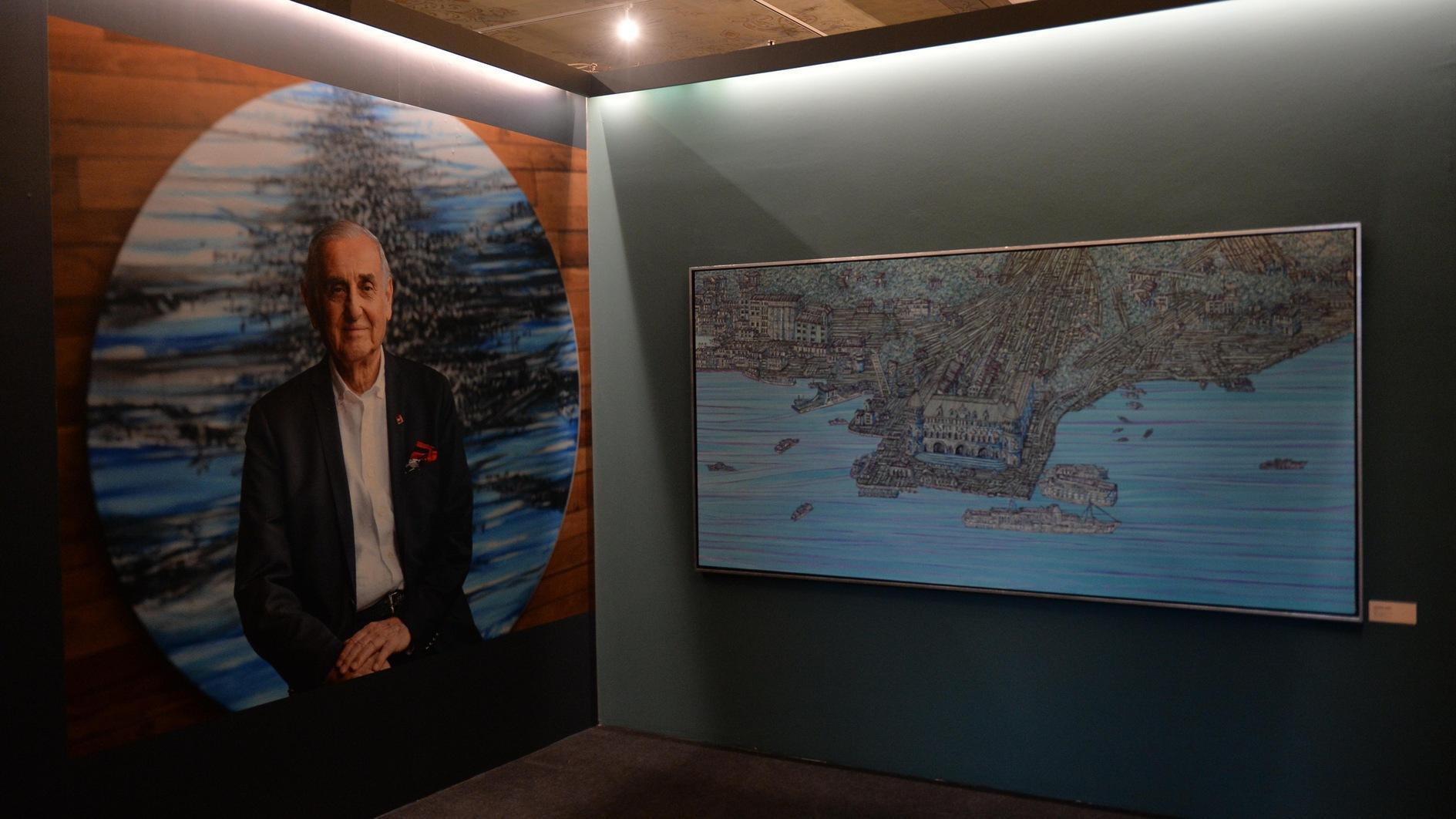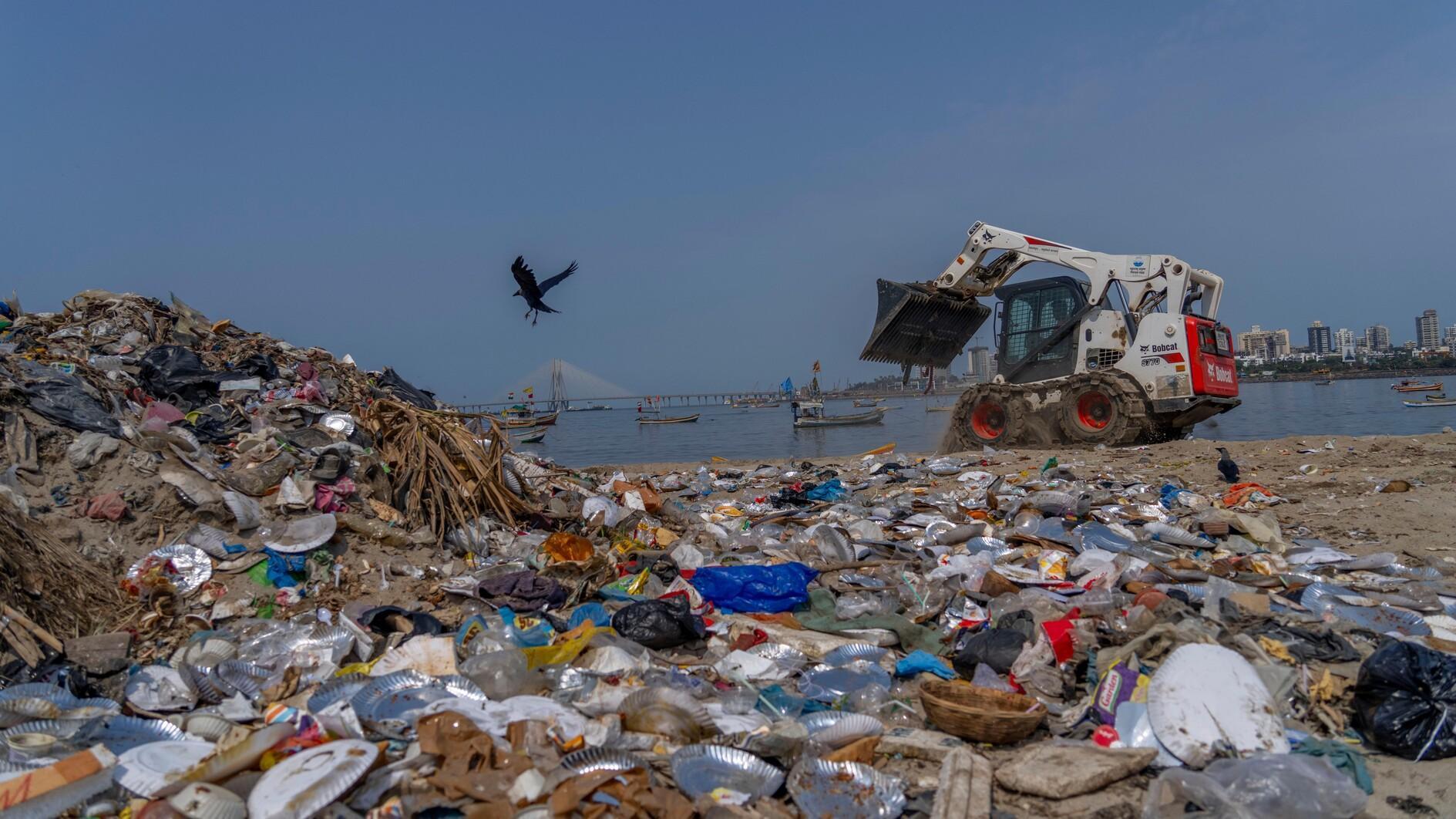Turkey to host 2.5 million Syrians by end of 2015
One of the worst but least told aspects of the four-year old Syrian civil war is the human tragedy of millions of Syrians who had to leave their homes to flee the violence committed by either the forces of Syrian President Bashar al-Assad’s regime or terror organizations. The number of Syrians who have sought shelter in neighboring countries exceeds four million, according to the U.N. High Commissioner for Refugees, in a statement July 9.
In addition, 7.6 million have been displaced inside Syria, indicating that nearly half of the entire Syrian population has been severely affected by the ongoing instability in the country. However, despite continuous calls from the U.N. and neighboring countries, the international community failed to show a humanitarian response and preferred to watch this human disaster grow.
Along with other neighboring countries, namely Iraq, Lebanon and Jordan, Turkey is trying to get through with the problem of a growing number of refugees. The official number of Syrians and Iraqis in Turkey is 1.8 million but it’s believed to be over two million with predictions that it will go up to 2.5 million by the end of this year.
The total cost of looking after these refugees has already exceeded $5 billion, a significant burden on the Turkish economy. However, Turkish officials have underlined that the open door policy will continue to be implemented and the borders will not be closed to those who flee violence. Apart from its financial costs, the Syrian refugee issue has also had social implications, threatening societal peace and comfort, especially in the border towns.
At a meeting with Dr. Fuat Oktay, chairman of the Disaster and Emergency Management Authority (AFAD), I had the chance to listen to how this agency is trying to deal with the problem and find ways to ensure a smooth co-habitation of Turks and Syrians.
“We are trying to let both Turks and Syrians understand each other’s way of life, cultures and customs through education. There are important cultural differences between the two societies which can create social problems. Our aim is to avoid these problems through adequate education programs,” Oktay said. One of the most important tools to this end is Turkish language courses provided for Syrians who show an eagerness to learn the language of the country they are trying to adopt. This is a positive development, Oktay confirmed.
In coordination with other state institutions, the AFAD is trying to address important social problems that are on the radar of the Turkish people, who often express their discomfort with the growing refugee community.
Violence against women, polygamy, child marriage and even prostitution were significant problems observed among Syrians, but cases on these issues have diminished as a result of intensive education programs, Oktay said. “We have pushed Syrian women to establish their own women branches so that they could deal with problems within their community,” he said.
However, a bigger problem is the education of children. More than half a million refugees are children in need of education, Oktay stressed, underlining that thanks to the biometric registration of every single refugee, the agency is well aware of what has to be done to address this need. These children have all been registered in a database in the National Education Ministry’s system for foreign students, he said. He explained about preparations to provide them with adequate education opportunities in Turkey’s state school buildings.
“We should reach out to these children before some others do”, Oktay said, apparently referring to some extreme groups who can wash these young brains with their backward ideological thoughts. He recalled they were in close dialogue with UNICEF, the European Union and other international agencies for the education of Syrian children. “In the first place, our aim is not to leave these children wandering around and secondly to avoid future social problems. We want them to return to their homes as well-educated youngsters to build the future of Syria. But if they are here to stay, we want them educated and good part of the society,” he added.











